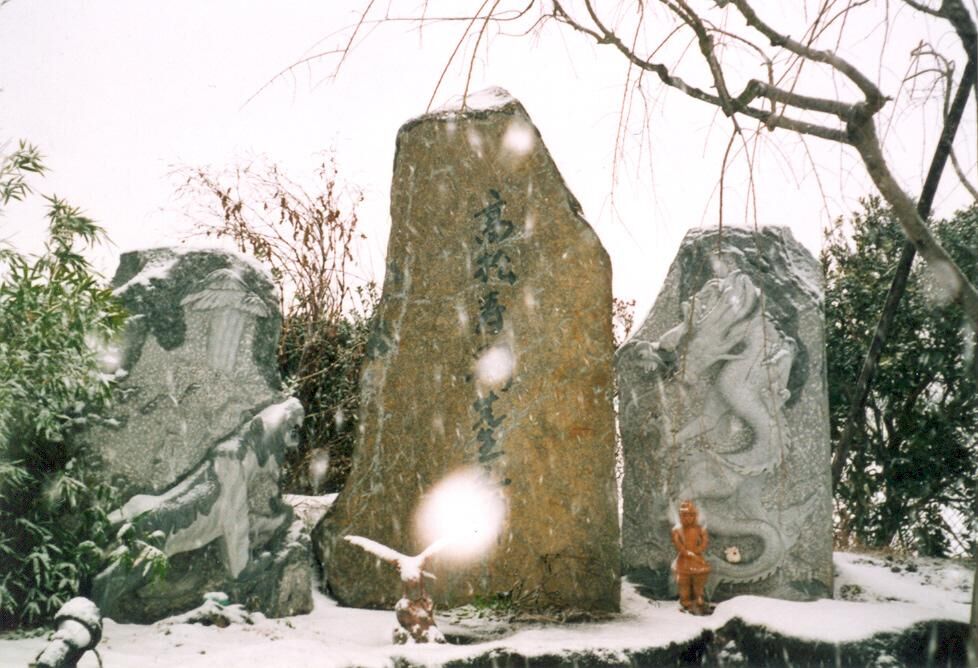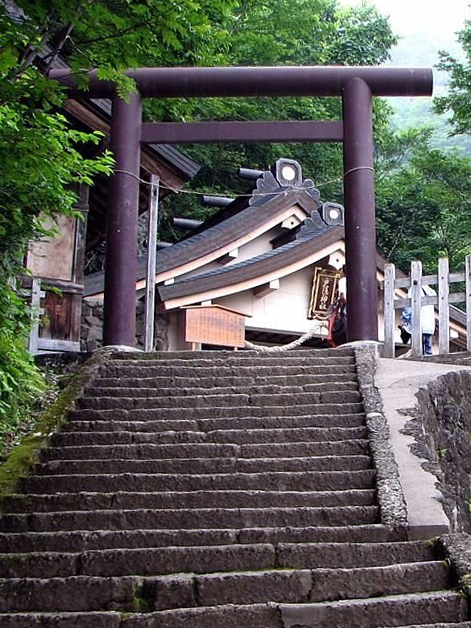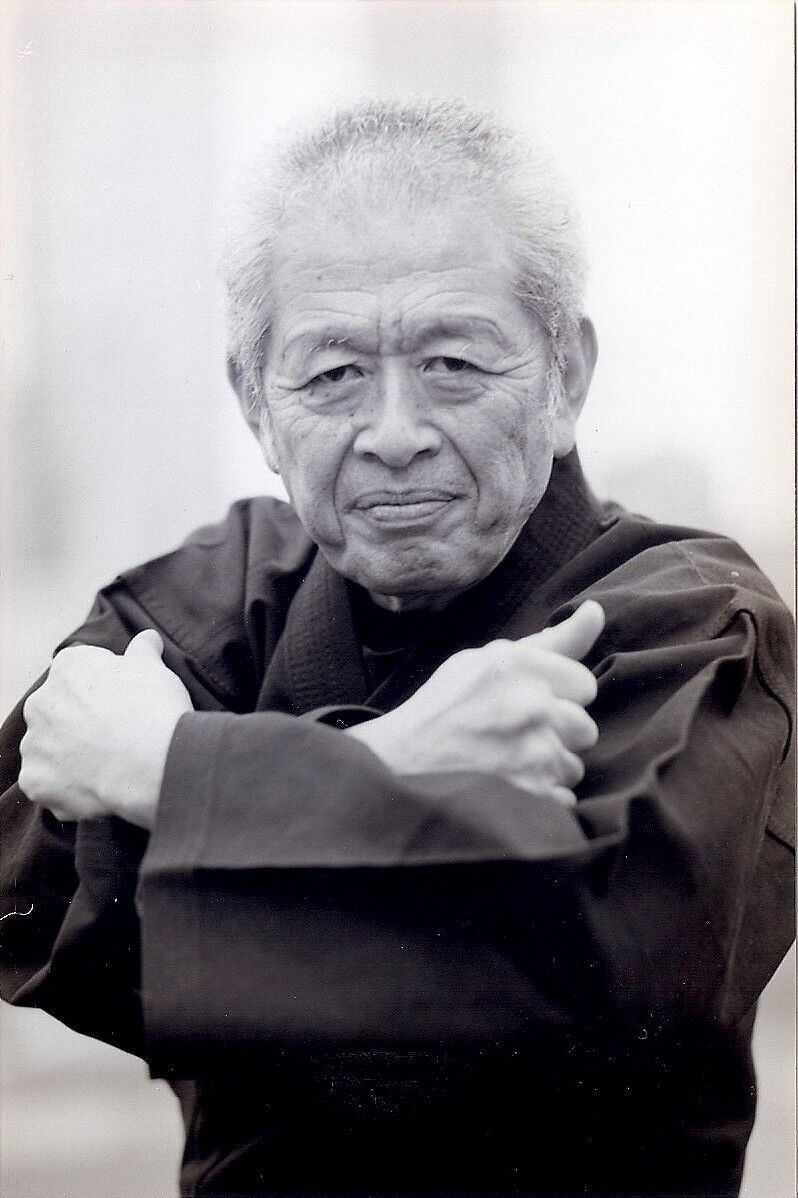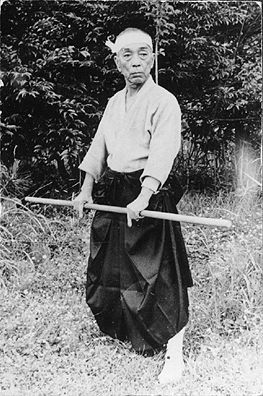The Bujinkan Dojo 武神館道場 , or"Warrior God Training Hall," was organized in the early 1970's by Hatsumi Masaaki Sensei. This organization is comprised of nine distinct schools of ancient Japanese martial arts, with traceable histories from the ninth century and earlier. Hatsumi Sensei inherited these ryu ha from his teacher,the late Takamatsu Toshitsugu in 1972. The nine schools of the Bujinkan are listed below:
- Togakure Ryu Ninjutsu - Founded by Daisuke Nishina in the Late 1100's
- Gyokko Ryu Koshijutsu - Founded by TozawaHakunsai in the Mid 1100's
- Kukishinden Ryu Happo Hikenjutsu - Founded by Izumo Kanja Yoshiteru in the Mid 1300's
- Shinden Fudo Ryu Dakentaijutsu - Founded by Izumo Kanja Yoshiteru in the Early 1100's
- Gyokushin Ryu Ninjutsu - Founded by Sasaki Goemon Teruyoshi in the Mid 1500's
- Koto Ryu Koppojutsu - Founded by Sakagami Taro Kunishige in the Mid 1500's
- Gikan Ryu Koppojutsu - Founded by Uryu Hangan Gikanbo in the Mid 1500's
- Takagi Yoshin Ryu Jutaijutsu - Founded by Takagi Oriuemon Shigenobu in the Mid 1600's
- Kumogakure Ryu Ninjutsu - Founded by Iga Heinaizaemon No Jo Ienaga in the Mid 1500's
Bujinkan Dojo
"Takamatsu Sensei often told me that the essence of ninjutsu is the recognition of things and that one must have martial virtue as a human - to be resolved with sutemijihi (sacrifice and compassion) so that one may assimilate God's recognition.That is why I named my dojo 'Bujinkan'."
- Hatsumi Masaaki Sensei in 'Togakure No Ninja'



